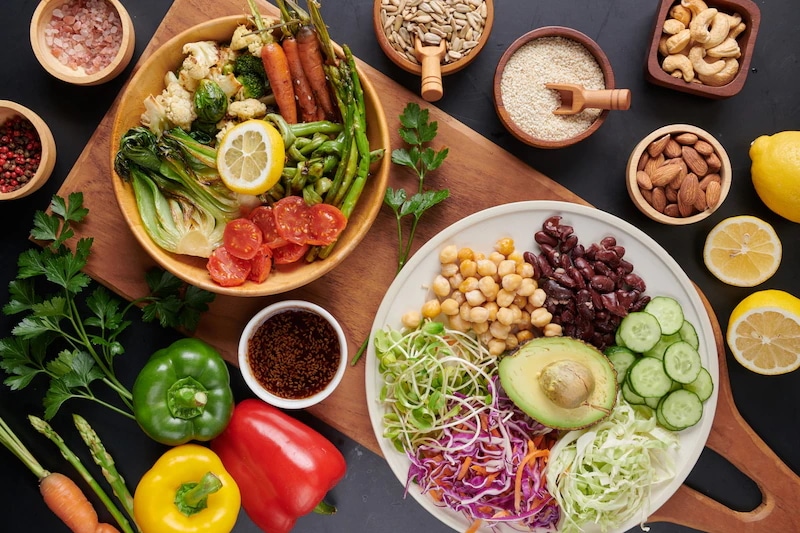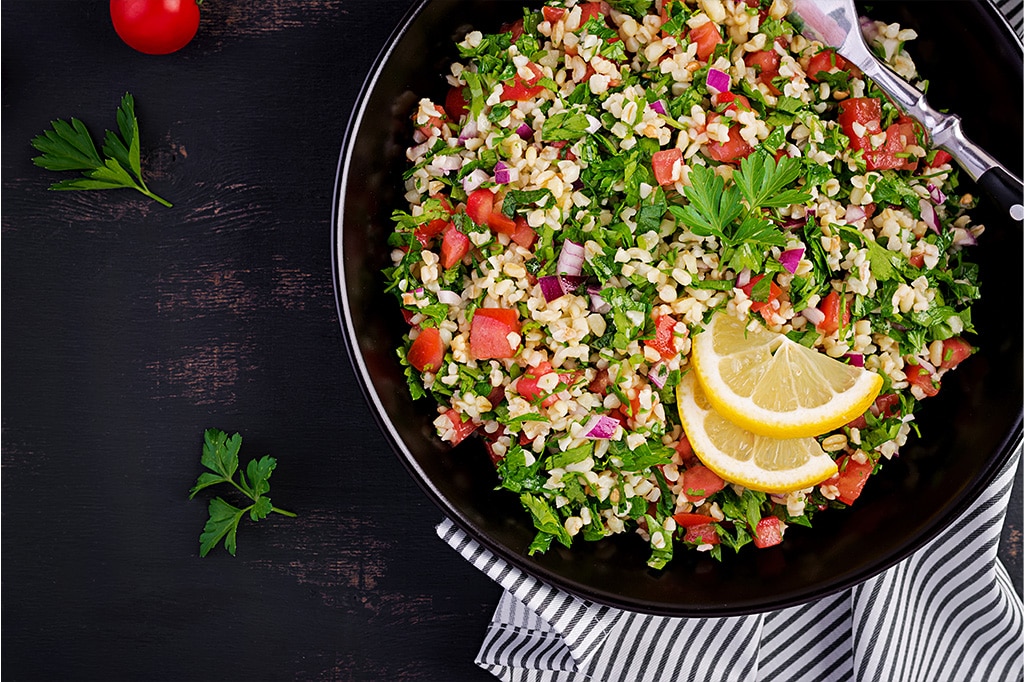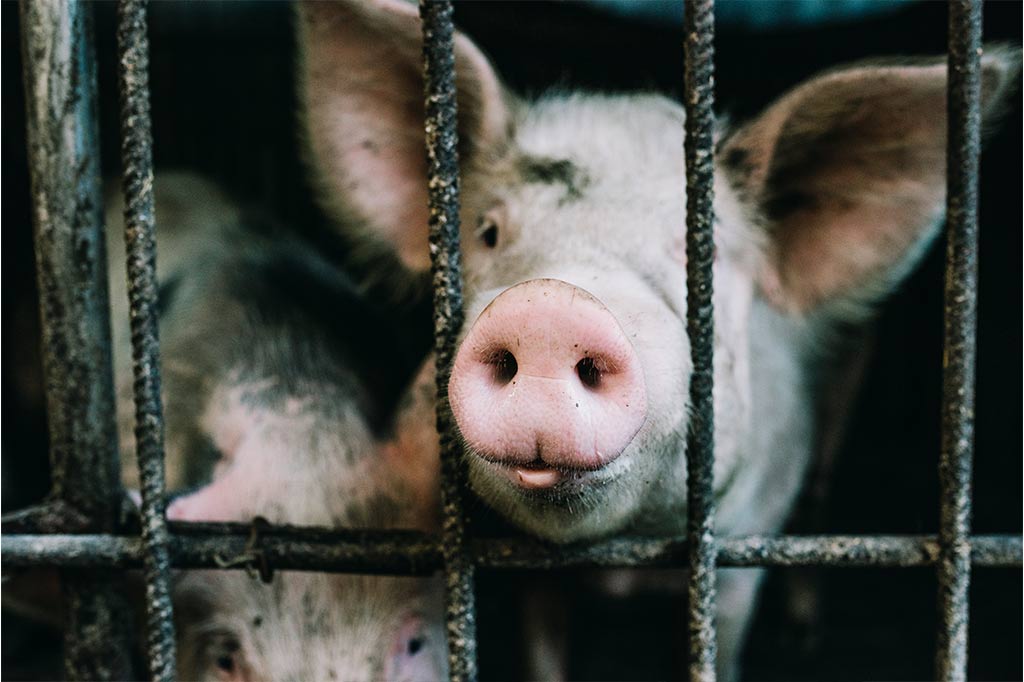For years, there has been debate over whether or not the terms “vegan” and “plant-based” should be allowed to appear on the labels of food products. Since big corporations often interchange the terms “vegan” and “animal-free,” the search for animal-free alternatives has become more difficult.
Vegans do not consume any foods or items that contain any form of animal. “Veganism is a way of living that tries to exclude, as far as is possible and practicable, all forms of exploitation of, and cruelty to, animals for food, clothing, or any other purpose,” says The Vegan Society. “Veganism is a way of living that tries to exclude, as far as is possible and practicable, all forms of exploitation of, and cruelty to, animals for food, Because of this, many vegans try to steer clear of stores that sell items made of leather. However, there is little evidence to suggest that the majority of their diet consists of entire plant-based foods that are nutritious. It is possible for vegans to subsist on a diet consisting of manufactured goods and to avoid eating their vegetables in the same way that anyone else would. Think of some of your favorite treats, including potato chips, gummy candy that is vegan-friendly, and even cookies.
On the other side, a plant-based diet places an emphasis on eating fruits and vegetables in their full forms, consuming a significant amount of whole grains, and avoiding (or at the very least reducing) the consumption of processed foods and animal products for reasons related to one’s health. In other words, you are not allowed to consume any vegan sweets that contain refined sugar or white flour. They are not limited in any way in their ability to purchase items made of leather.
One definition of a whole foods plant-based diet is a diet that places an emphasis on eating plenty of fresh vegetables and relatively few products that have been processed. Some people who follow the whole foods plant-based diet wish to avoid eating any animal products at all, while others try to consume the fewest amount of animal products possible. It’s quite adaptable in this aspect, but its central tenet—that you should eat items in their entirety—remains unchanged.
We aren’t attempting to imply that a vegan can’t consume a plant-based diet; all we’re trying to say is that the two phrases don’t mean the same thing.
Although it is clear what is not included in foods that are branded as vegan (any component derived from an animal), the definition of the word “plant-based” might change depending on who you question about it. Because of the positive connotation that the term has concerning health and wellbeing, it has become a buzzword, and it is now being used on a broad variety of items, regardless of whether or not they are cruelty-free. Some plant-based foods are also vegan, although the term “vegan” is also used by some companies and restaurants to designate “flexitarian.” This indicates that the establishment or product places a focus on plants but may also include animal products such as meat, dairy, or eggs. It should be made clear that this does not come from plants. Despite this, there is a controversy regarding whether the phrase ought to be properly used to denote food that does not contain any animal products. This debate occurs although the food industry uses the phrases vegan and vegetarian interchangeably.
Some experts in the sector believe that identifying products as “vegan” discourages a significant portion of the general population and slows down the transition to diets that are more favorable to the environment. Vegans are committed to finding replacements for products that involve the use of animals in any way. A lot of people who call themselves flexitarians say that their go-to dinner is something made entirely of plants.
If the plant-based label is broadly adopted by the industry, it will be essential for customers to have the ability to quickly grasp the label and make prompt, well-informed purchases based on the information provided by the label.
The term “plant-based,” which is widely used, gives the impression that the product in question does not include the same fundamental component as the food it is meant to replace, such as animal-based meats or dairy, but this is not always the case.
Because consumers are accustomed to turning packages over to read extra information, we have to ensure that the information displayed on the back encourages them to choose our product. Since consumers are accustomed to turning packages over to read additional information, After that, the person takes their pack and makes the necessary additions to move further.

How can we encourage more people to eat plant-based meals?
Understanding how to sell this food product most efficiently is essential to ensuring the company’s continued success.
Marketers have a responsibility to change the negative connotations connected with the term “vegan,”, particularly in light of the rapid transition that is currently taking place in consumer views toward veganism as a direct result of the food industry’s increased support for the diet.
The modern consumer has higher standards for the level of thought leadership, strategic advice, and emotional connection provided by firms. Showing people a better world and trying to get them enthusiastic about it is what brands should be doing, rather than trying to scare consumers away from their products.
Although “plant-based” may be easier for certain customers to understand, several companies have adopted the moniker “vegan” because they do not believe “plant-based” adequately reflects their goal. The majority of companies that produce food use the term “plant-based” because it is more appealing to consumers and draws attention to the numerous advantageous effects that a diet free of animal products may have on one’s health.
In conclusion, companies and brands in the food sector need to establish common ground if they don’t want to alienate people to avoid the vegan cause, regardless of whether or not they support the cause. Clarity and consistency in the presentation are two factors that facilitate the ability to make well-informed decisions.
It has been suggested that it should be the goal of every company that produces animal-free foods to promote the term “vegan,” as many people believe that a world free of cruelty and suffering would be a vegan one. This would be the case because veganism does not include the consumption of any animal products.








